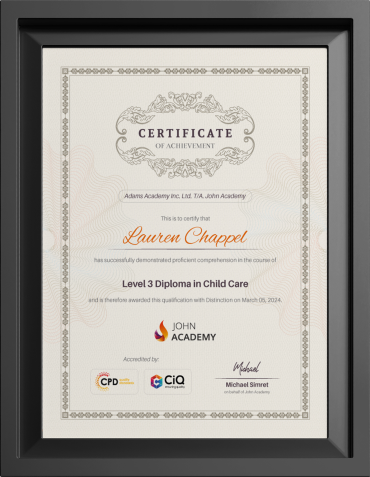
Research has become more important than ever. Nearly 70% of undergraduate students concluded that their research was useful when deciding on a career.
Although writing a research paper can be easy, one of the most time-consuming tasks is finding relevant information and studies to support your theory. So, where can you begin?
Let’s delve into some of the best strategies to find the studies that reflect what you’re trying to say in your research so that all your papers are well-founded.
1. Consult academic databases
Academic databases are the first— and sometimes the best– platforms to start your research. These store scholarly articles, journals, and other relevant papers that you might find useful.
Some of the most famous platforms are JSTOR and Google Scholar, but there are others to take advantage of. If you use specific keywords that are relevant to your paper, you’ll find material in little time.
The other advantage of these databases is that you can narrow down your search with the right filters, such as publication date, citation count, and author, among other relevant factors. You can even take advantage of the citation tracking so you can accurately gauge the impact of the work in the scientific community.
As another highlight, these platforms have inspired scientists from the entire world to collaborate and cite one another. Sharing knowledge among researchers worldwide is very important for the advancement of every research field. If you’re lacking inspiration, you can find it in our step-by-step guide on what to write on your research paper.
2. Explore bibliography and references
Taking a look at a well-constructed research paper is like finding the end of a rope. If you follow it to the beginning, you’ll find a wealth of information from other researchers over the years.
When you track citations to their source material, you can delve deeper into your topic and support your arguments even better.
Here are a few things to consider:
- Take the opportunity to use advanced search features, refining your queries and narrowing down your search results as you go.
- There are citation tracking features you can use if you want to discover the thought patterns and the relevance of a study you’re reading.
- Ask for help from others in your field.
3. Network with peers and experts
We mentioned this before, but networking is very important, and it fits snugly into the valuable tools for research. Ask questions, and don’t be afraid to talk to peers, professors, and experts in your field.
Attend relevant conferences and be an active member in your field and online forums. It’s important to exchange thoughts and insights, not only for inspiration but for new perspectives on what you’re doing.
Job opportunities aside, networking can lead you to valuable sources and even collaborators with the same interests as you. LinkedIn, the social media platform for networking, has reported over 1 billion members in January 2024: there’s something for everyone.
Here are some more suggestions on how to maximize your networking opportunities:
- Find experienced researchers and professionals in your field, and ask for a mentorship. They can help you with accurate advice and connect you with others to help with your research efforts.
- If you admire professionals and researchers in your field, you can always request informational interviews from them. This way, you’ll get insights into their research process, and you can also identify industry trends and collaboration opportunities.
- Take a moment to see if there’s any opportunity to collaborate with others. These can help with your research.
- Take part in research challenges and hackathons if you have the time. You’ll meet other professionals in a different environment, and perhaps you’ll discover one or two collaborators to work with in the future.
- If there are interdisciplinary workshops in your field, attending is almost an obligation. When we mention new perspectives in our research, this is what we mean. Sometimes, professionals from other fields have the best insights.
- If you want to expand your list of relevant academic connections, a good way to do it is by offering to peer-review research papers and articles in your field of expertise. You can stay updated in your area and find like-minded researchers, too.
4. Explore university and institutional repositories
A lot of institutions have their material digitalized for easier access, universities especially. There, you can find the work of the faculty and the students.
These repositories can contain research that hasn’t been published, dissertations that you can’t access otherwise, and even theses. Explore the ones that are relevant to you.
If you use these repositories along with the academic literature stored in the platforms we mentioned in the first section, you’ll find a wealth of material to work with.
While you’re doing this, it’s important to remain protected, especially with research, as it can be stolen, and someone else can take the credit for your work. You can learn more about it here.
5. Get notified and set up alerts
If you want to get notified as soon as the latest research on your area is published, you can do so easily by setting up email alerts and even phone notifications.
There are many platforms with this feature, and you can configure the criteria so that only relevant information makes its way to you. This way, you won’t have to scour the internet every day in search of fresh publications.
Another possibility is to subscribe to newsletters or even join professional organizations. That way, you’ll be up to date with everything new in your area of expertise, and you’ll be able to use every resource available as you write your research paper.
To sum up
When you’re trying to find relevant studies to support your research, it’s easy to get overwhelmed. However, with the right strategies in place, things get easier.
By using the best academic databases, exploring institutional repositories, and collaborating with other researchers, you’re on the right path to an excellent research paper. Don’t be afraid to think outside the box when it comes to finding relevant material! Your curiosity can become your greatest ally.

